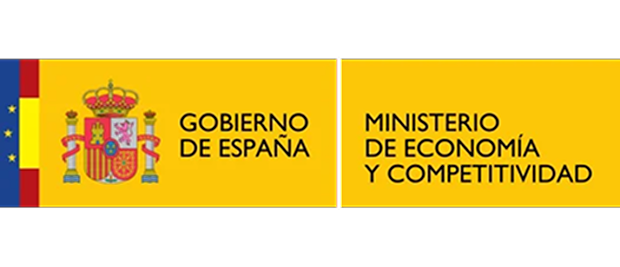Since July 1, 2017, electronic invoicing has been mandatory for all Business-to-Government (B2G) transactions in Lithuania. Initially facilitated through the eSąskaita platform, this system was replaced by the General Information System for Account Administration (SABIS) in September 2024. The transition aimed to modernize the invoicing process, enhance efficiency, and align with European Union standards, particularly Directive 2014/55/EU on electronic invoicing in public procurement.
The SABIS platform supports the Peppol BIS Billing 3.0 and Peppol BIS Billing CII Invoice formats, ensuring compliance with EU e-invoicing standards. Invoices can be submitted via the SABIS web portal, direct API integration, or through the Peppol network, which facilitates cross-border electronic invoicing. As a certified Peppol Access Point, B2Brouter enables seamless integration with SABIS, allowing businesses to transmit invoices efficiently and securely.
This forthcoming mandate underscores the importance for companies operating in Lithuania to familiarize themselves with the current e-invoicing infrastructure and prepare for broader compliance requirements.
Important dates
January 1, 2025
Invoices based on verbal agreements, regardless of amount, must be submitted via SABIS.
January 1, 2028
Lithuania aims to extend mandatory electronic invoicing to Business-to-Business (B2B) transactions.
Legislation
- Mandatory B2G invoicing
Since July 1, 2017, electronic invoicing is mandatory for all Business-to-Government (B2G) transactions in Lithuania, as stipulated by the Law on Public Procurement.
- Archiving requirements
E-invoices must be archived for a minimum of 10 years, in accordance with Lithuanian tax regulations.
- Peppol Network Integration
Lithuania has been part of the Peppol network since April 2019, enabling standardized e-invoicing across European countries.
- i.MAS Reporting System
Lithuania employs the i.MAS system, comprising subsystems like i.SAF, for electronic tax reporting and compliance.
- Digital Signatures
While not mandatory, digital signatures can be applied to enhance the security and authenticity of e-invoices.
Accepted formats
Invoices must be submitted in Peppol BIS Billing 3.0 or Peppol BIS Billing CII formats, ensuring compliance with European standards.
Delivery channels
E-invoices can be transmitted via the SABIS portal, direct API integration, or through the Peppol network, facilitating both domestic and cross-border transactions.
Regulating authority
The Ministry of Economy and Innovation oversees the SABIS platform, while the State Tax Inspectorate (VMI) supervises e-invoicing compliance.
Send e-invoices to Lithuania securely with B2Brouter
Seamless Peppol Integration
Connect directly to SABIS and other public platforms using our certified Peppol Access Point.
Multi-format Compatibility
Support for Peppol BIS Billing 3.0, CII, and other structured formats required in Lithuania.
Real-time compliance updates
Stay aligned with evolving Lithuanian and EU regulations through automated updates.
Secure and Centralized Storage
Archive invoices for 10+ years with full traceability, aligned with VMI standards.

Certifications
B2Brouter is certified with the ISO 27001 standard on information security management, certified as a Peppol Access Point Service Provider and a member of the EESPA.





